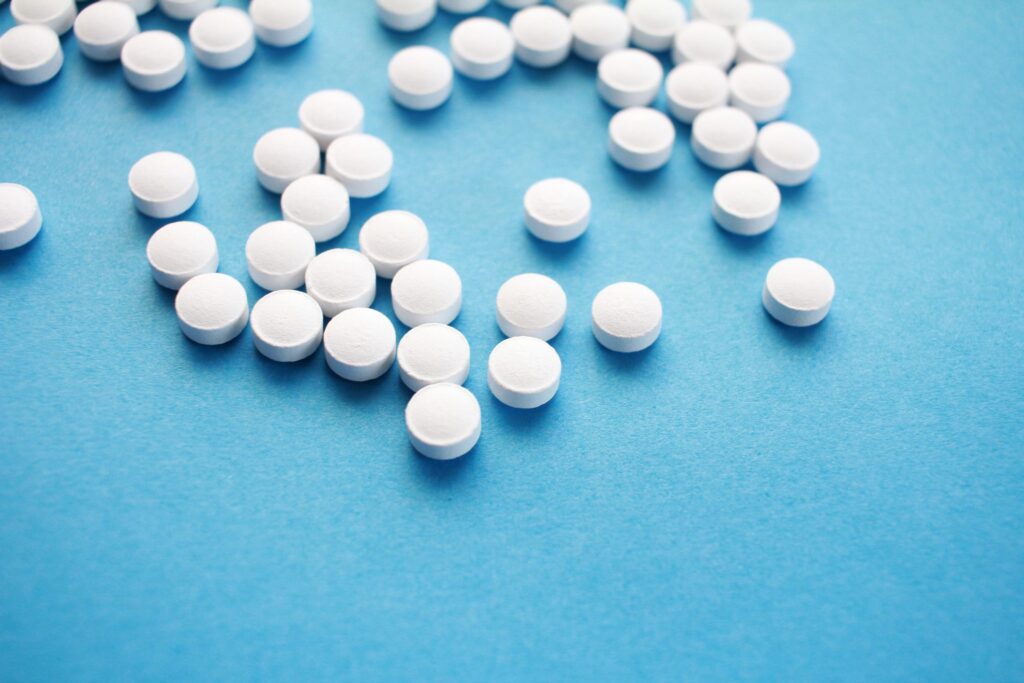In the music world, many of us know MDMA as ‘Molly’. It is a substance that people may use while listening and dancing to music. It is thought to enhance an experience and make things more fun. However, a new study has shown that the applications for MDMA go well beyond the club/festival experience. When dosed properly, it can be an effective therapy for treating Post Traumatic Stress Disorder and its co-morbidities.
PTSD
Post Traumatic Stress Disorder, or PTSD, is a psychological disorder in which traumas from one’s past affect mental health to a detriment of the ability to live life. Often co-morbidities include suicidal ideation, depression, disassociation, and substance abuse. For many years, talk therapy and addictive expensive pharmaceuticals were considered the only option for people suffering from these symptoms.
A New Wave of Therapeutics
There are emerging studies that demonstrate the therapeutic power of psychedelics, ketamine, and now, MDMA. In a recent trial, PSTD symptomatic people were given a randomized, double-blind, placebo-controlled trial that involved three monthly 8-hour MDMA therapy sessions, with weekly talk therapy. An optimal dose was determined for each patient and results were recorded based on a severity scale associated with the symptoms of PTSD.
MDMA
MDMA functions in the brain in part by promoting the release of Vasopressin and Oxytocin. For men and women respectively, these neuronal chemicals are known as the brain’s own “love drugs”. For example, a woman is flooded with Oxytocin after the delivery of her new baby, just as a man will release Vasopressin after an orgasm. These endogenous chemicals are associated with pair formation, social relationships and bonding.
Results
The study concluded that 2 out of 3 participants who were given MDMA made tangible improvements in solving their PTSD, while only 1 out of 3 given the placebo had the same improvement. This difference from the placebo proves that MDMA was a positive contributive factor in the therapy. As such, there is a huge potential for formal approval by the FDA in the near future. (The hope is late next year). The American Chemical Society billed this as a top lecture at their 2022 convention.
Furthermore, there were no signs of physical addiction suffered as a result of the drug administration. This is one of the first of many studies we will see supporting a new wave of therapeutics in the fight for mental wellness. And please remember, any medicine, no matter how good, always has a potential for abuse. Dosing matters – full stop.


